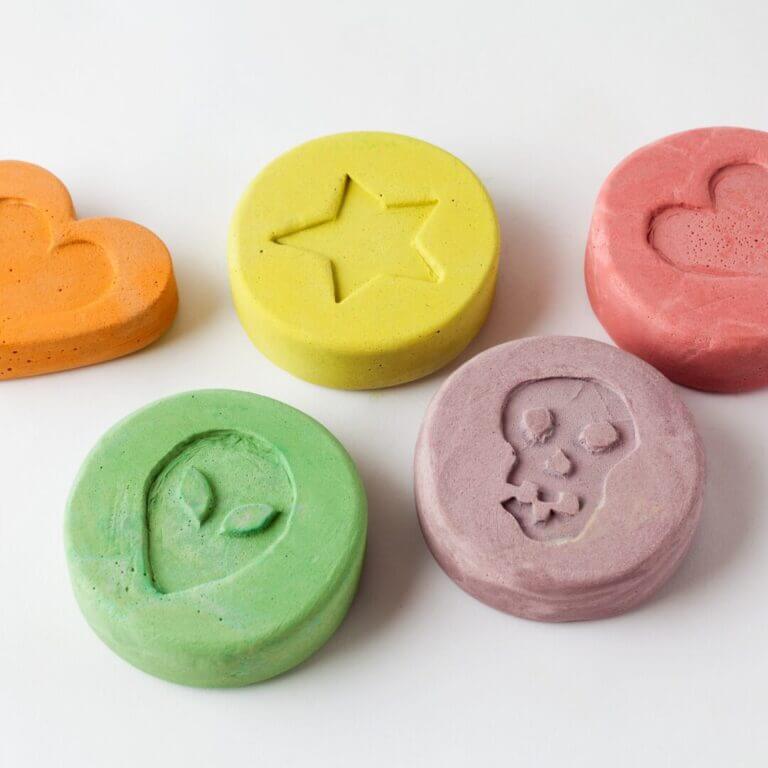Those that suffer from substance use disorders often feel disconnected from the world around them. In 12-Step meetings, it’s not uncommon to hear people share stories about themselves that include feeling this way even in childhood, in fact, in those same stories it is often heard that substances were the first tool they found that helped them feel connected to others. As they grew into adults this feeling became even more pronounced, leading to behaviors that isolated them from their fellows. In that disconnection and lack of vulnerable discourse with those around them, an idea begins to take hold in the minds of those with a substance use disorder; that they are alone in their struggles. When a person feels they are alone in their thinking or feelings, they don’t feel comfortable sharing with others about it and without the perspective of others to point them towards what might help, their negative ideas grow. When they reach recovery, they are often relieved to hear others that think and feel the same ways they do. Identification is important for someone in recovery to build connection.
The Beginnings of Trust
When someone makes the decision to seek treatment, they are often at a hopeless place. While they’ve decided they want recovery they may feel like they can’t imagine how it would ever be possible. A line in the Big Book of Alcoholics Anonymous describes this as “the jumping-off point”, in other words, a place where someone can’t imagine continuing to rely on substances any longer but they also can’t imagine life without them. In treatment, they get the opportunity to interact closely with people who have already done the thing they are attempting to do. Stories of what it was like and what it’s like now for others help them not only hear thoughts and experiences that are similar to their own, but inspire hope that if someone like them has been able to achieve sobriety, they might be able to as well. Most 12-Step programs encourage those in recovery to ask another person to work with them or “sponsor” them as they move through the process. Knowing they have someone who thinks and feels like they do but has recovered helps build trust and provides a safe person to talk to.
The Struggle of Someone Who Stopped in Time
Treatment finds a safe place for just about anyone, regardless of what they went through while suffering from a substance use disorder. People who have been to prisons or institutions, people who have lost jobs, families, homes, parental rights, those who suffered difficult or abusive childhoods, and everyone in between. These experiences are not what makes an individual someone who will endure a substance use disorder, however, there are also those who had happy childhoods with their needs provided for and those who stopped before more serious consequences resulted from their disorder. For these people, hearing stories of those who grew up with parents who struggled with substances or experienced major trauma might make them feel as if they haven’t “earned their seat”; they may feel like they don’t have the right qualifiers to be someone suffering from a substance use disorder. This is why it is encouraged to both learn more about the nature of the illness, and that there aren’t external factors needed to trigger it. Sharing openly within group settings is also suggested, so that they can speak to a different experience than others might relate to. Willingness to be open typically yields excellent results, as there are always people from all walks of life and experiences within the rooms of recovery. They also learn the value of seeking to be the one who someone else can identify with, which is an act that can be tremendous in building self-esteem
A Continuing Practice
The process of seeking to identify with others does not stop when treatment ends. As one builds a life in recovery, it’s important to continue to speak up about struggles. Getting sober does not free individuals from the mental aspect of a substance use disorder and it takes continued work to maintain recovery. For many, there is a core belief that they can exist in a totally self-reliant state, but that social connection is needed to process through negative thoughts or emotions. If struggles are not shared with others they can lead to greater issues, old behaviors, or even potentially relapse. Trust and reliance are built early but must be practiced with regularity. Gathering a support system that creates a safe place for the expression of those thoughts or feelings that one believes no one shares or aren’t okay to have is one of the best tools for someone in recovery. Many of those in recovery tend to stick close to or befriend others who practice the same type of lifestyle for a reason. Being able to share the complex and sometimes strange thinking of someone recovering from a substance use disorder gives us continued identification and helps find relief in hearing someone else say “I’ve been through something like this”.
Ashley Addiction Treatment is an innovative treatment program located on Maryland’s Chesapeake Bay. Ashley provides support for professionals seeking help with addiction. We are able to help people with co-occurring disorders and offer confidential treatment programs to meet your needs. Please reach out to us today at 800-799-4673.




